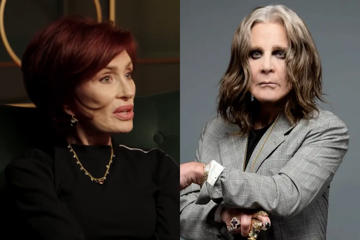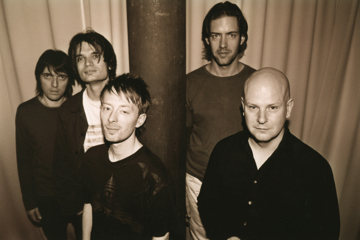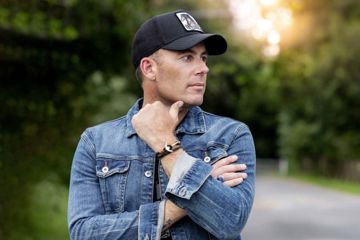On Laughing In The Face Of Mental Health
"The primary purpose is to make people laugh and for people who have it — who live with mental illness — to let them be able to laugh at what they have."

London-based Aussie comedian Felicity Ward is returning home armed with her new show What If There Is No Toilet?, a humorous look at how her own mental health issues — she was previously diagnosed with both anxiety and depression — contributed to her developing IBS (irritable bowel syndrome). She's covered such serious issues in her comedy before, and believes finding this balance between rib-tickling and thought-provoking can have its own payoffs.
"I don't think that [covering serious topics] is any more important or anything like that," she muses. "As the person who has to say it a hundred times minimum, it's more rewarding for me. It's not that it's serious, there's also how — from the craft side of it — if I can get something that's very, very dark and make people laugh at it, that's more rewarding.
"This show that I'm doing is about mental illness and irritable bowel syndrome, but my number one goal in all of this is to make people laugh. I don't go, 'In this bit I'll make people cry, and in this bit I'll do this...' It's not meant to be a journey, although if that happens, great! But the primary purpose is to make people laugh and for people who have it — who live with mental illness — to let them be able to laugh at what they have. And for the people who don't have it to understand in a funny way what we go through without feeling alienated.
"I suppose it's kind of like when comics of colour make jokes about racism and it lets white people go, 'Oh, shit! I do that, oh no!' It's funny, but surreptitiously they get to have someone else's experience."
Don't miss a beat with our FREE daily newsletter
Ward's put her private life into the public domain to make us laugh before. Her 2012 show The Hedgehog Dilemma was critically lauded and won numerous awards during that year's Australian festival season and it too covered touchy ground.
"The Hedgehog Dilemma was very personal," she reflects. "It's hard in the beginning but again you have that reward thing, you know, that you're saying something that you care about every night, you're not just going, 'Hey, what about this dick joke' — and don't get me wrong, there's a lot of integrity in dick jokes, I've been a big fan for a long time, but I feel like I care what I'm saying every night when I'm doing it.
"The flipside of that is that I actually got really happy, and that show was about when I stopped drinking and I broke up with my fiancé. It was pretty hectic for a while there, but after performing it 120 times my life was actually really good so I was, like, 'Fuck, I'm going to have to dig deep! Have I got any parental issues I can draw upon here? Is there any childhood trauma I haven't dealt with?'
"This show is ironically probably a little bit lighter. I think it's definitely funnier. I haven't felt sad about it yet, or I haven't felt nervous about being that open or vulnerable about it yet. That might come."







